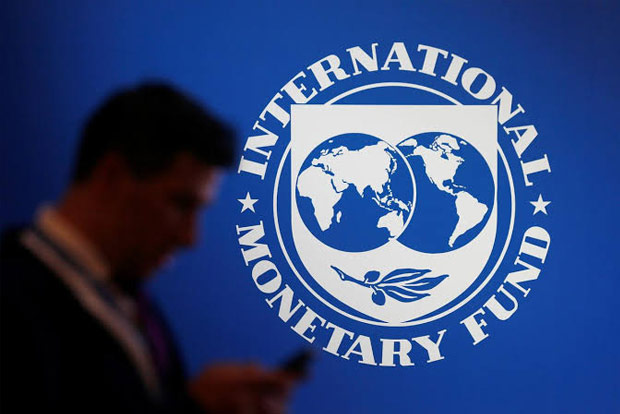Initial findings from the International Monetary Fund’s (IMF) Governance and Corruption Diagnostic Assessment mission have raised concerns about the uneven identification of politically exposed persons in Pakistan and insufficient corruption-specific red-flag indicators to detect misuse of public office.
The Express Tribune reported that the IMF’s draft report, shared with the government for review before its official release by the end of this month, identifies gaps in the current systems and processes.
The report cites challenges such as limited access to comprehensive data, absence of automated screening tools in smaller institutions, and a lack of specific red-flag indicators to detect corruption. The IMF has recommended that Pakistan adopt global best practices to improve the identification and management of public office misuse.
Under the $7 billion deal with the IMF, Pakistan committed to releasing the full report once completed. The IMF’s mission met with about three dozen government and state institutions across Pakistan. The deadline for publishing the report was extended from July to the end of August at Pakistan’s request.
The report notes that while there have been efforts to establish a basic framework to minimize corruption risks, major gaps still exist. It specifically mentions that the identification of politically exposed persons, which includes the head of state, government, politicians, bureaucrats, judiciary, military officials, and senior executives of state-owned enterprises, is guided by regulatory requirements from the State Bank of Pakistan (SBP), Securities and Exchange Commission of Pakistan (SECP), and the Federal Board of Revenue (FBR).
The draft report highlights that financial institutions and designated non-financial businesses (DNFBPs) are required to apply enhanced due diligence measures when dealing with politically exposed persons. However, smaller institutions are not effectively implementing these safeguards, and there is insufficient clarity on corruption-specific risk indicators.
Further, the IMF noted that despite existing guidelines, institutions still lack access to typologies that reflect common methods of laundering proceeds of corruption. The report recommends the issuance of specific guidance on identifying unusual financial behavior related to PEPs and government contracts, pointing to international examples from countries like Canada and Colombia that have successfully implemented such measures.
Canada’s red-flag indicators for government contracts and public sector procurement, as well as Colombia’s sectoral indicators for healthcare procurement and state-owned enterprise-linked laundering, were highlighted as best practices that Pakistan could benefit from.
As of now, some government departments have accepted the IMF’s observations, while others have sought revisions. The process of addressing the IMF’s recommendations is expected to take longer than anticipated.




